- Sector: Commercial
- Size: 470,000 sq ft
- Location: London
- Services: Expertise & Services, McAlpine Design Group, Construction
- Completion date: Ongoing
Constructing a 17-storey office building above a busy tube station
Highly technical and challenging, this scheme requires true engineering excellence.
It is not exactly a common feat to build 470,000 square feet of office space over a working tube station. But that's just what we're doing at 21 Moorfields: a 17-storey building that's already been pre-let to Deutsche Bank.
First, we are constructing the highly technical steel frame set on enormous transfer trusses spanning 60m across the underground station beneath – all to protect the station from the loads of the building. This means that the frame has to be constructed in a very specific sequence to make the structure as a whole work safely. And it also means that the whole building will experience a lot of movement as the trusses expand and contract with the changing temperatures outside, calling for careful specialist design and true engineering excellence.
The façade constitutes another significant challenge. It will feature 24 different façade types, making it essential for the project team to coordinate it carefully.
And throughout all this, impeccable logistics will be paramount, so as to protect the thousands of commuters using Moorgate station every day.
21 Moorfields
Photocatalytic treatment on site hoardings
Rising NOx levels is a growing concern for the construction industry and we are committed to reducing these locally. Following the successful trial in our Manchester office, we have applied Photocatalytic treatments to our site hoardings at 21 Moorfields.
Guard Industry's ‘Dtox Guard’ product contains titanium dioxide (TiO2) which acts as a catalyst when under UV light. The TiO2 becomes activated and breaks down airborne pollutants such as NOx through the process of photocatalysis, it also destroys dirt and grime, effectively becoming self-cleaning, and will purify millions of cubic meters of local air each year.
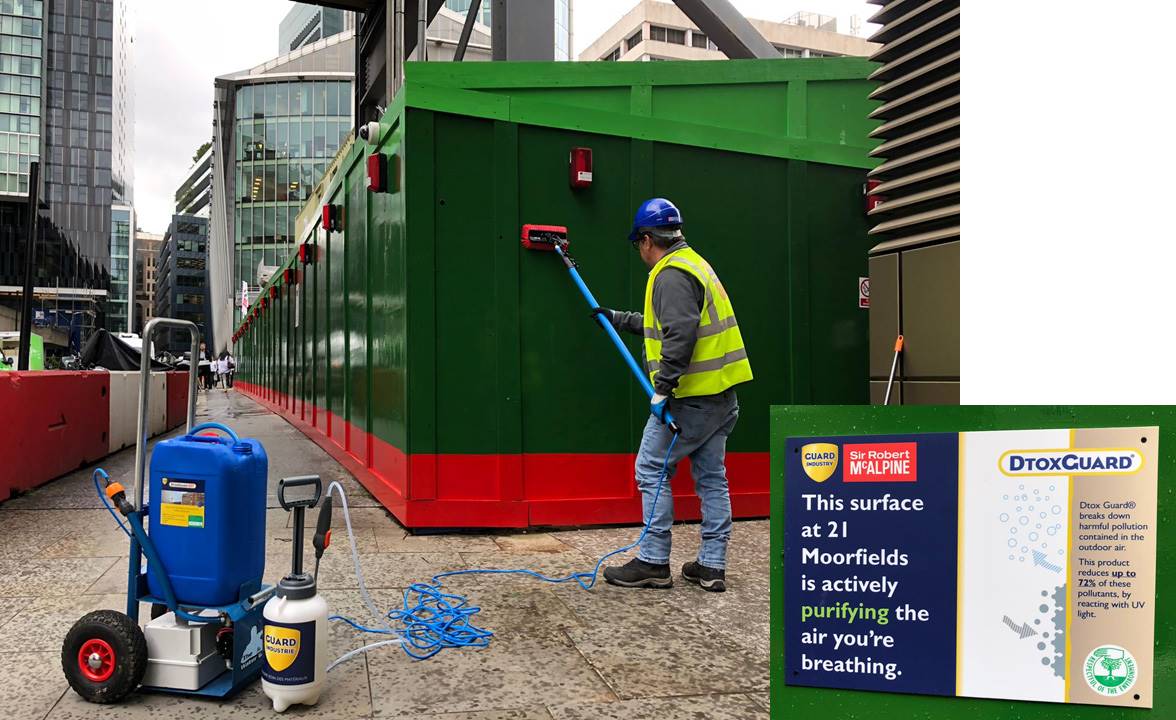
Trialling renewable fuel to power generators
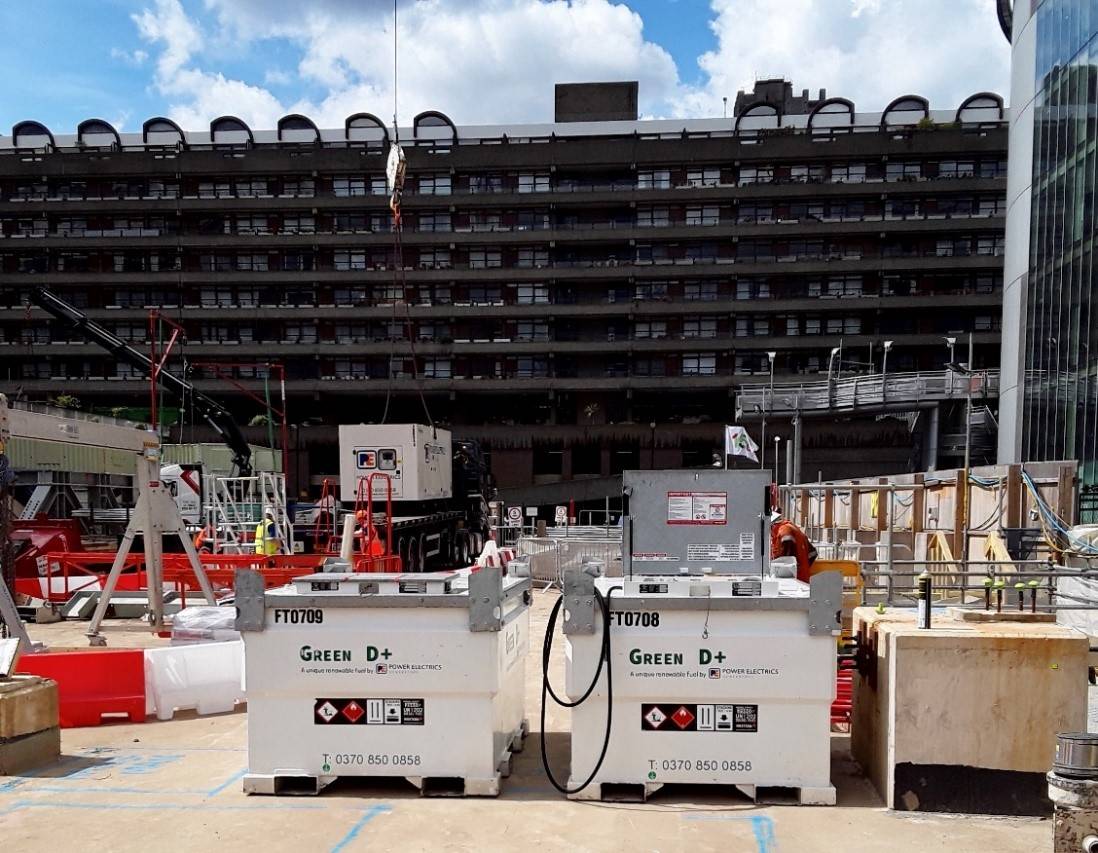
The team are also trialling the use of hydrogenated vegetable oil to fuel two generators. The ‘Green D+’ fuel is made exclusively from waste products – comprising of a mix of vegetable oils, and animal/fish fats. Unlike regular diesel, hydrogen is used as a catalyst in the creation process instead of methanol. The renewable fuel saves one tonne of carbon for every 350 litres of fuel used and we are anticipating a saving of 12.5 tonnes of carbon – that’s roughly the equivalent of 3 personal flights from London to Sydney.
Beyond its carbon benefits, it also achieves a 29% reduction in NOx emissions and a 77 % reduction in airborne particles compared to red diesel, therefore further reducing air pollution in the local area.
Similar projects
-
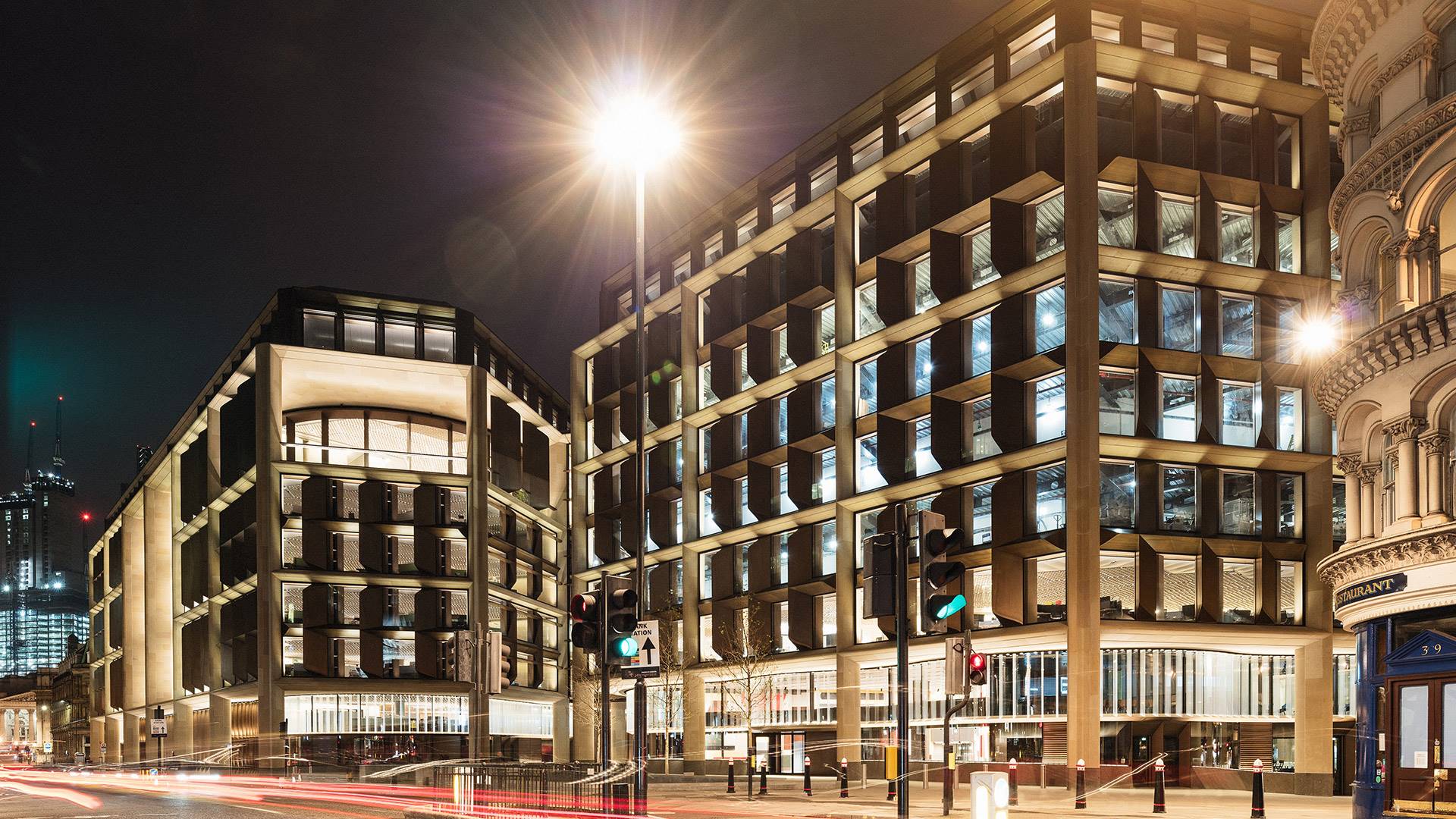 Read more about A breath of fresh air for new London headquarters
Read more about A breath of fresh air for new London headquartersA breath of fresh air for new London headquarters
Sector: Commercial, Major ProjectsLocation: London -
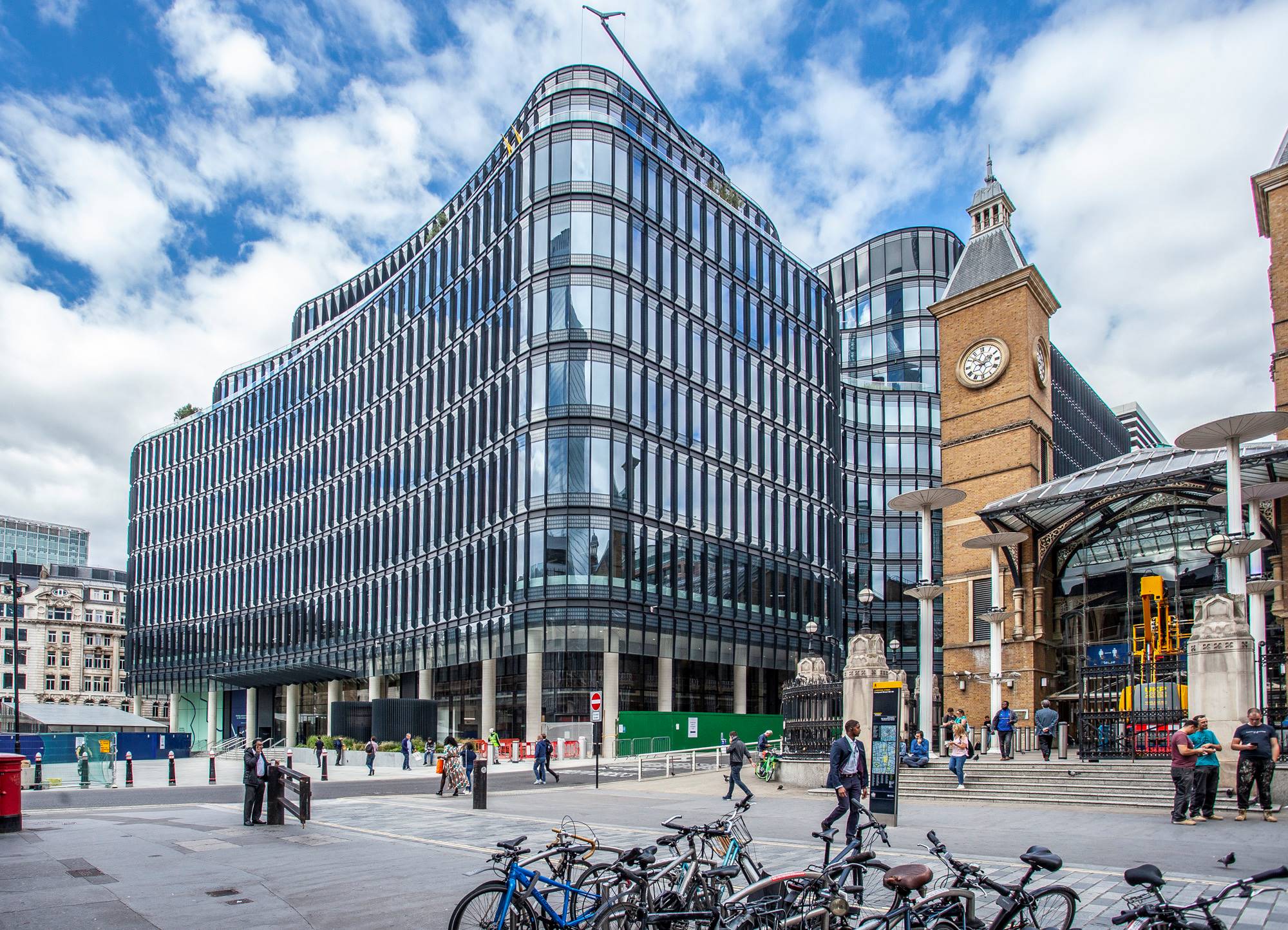 Read more about The redevelopment of Broadgate, London
Read more about The redevelopment of Broadgate, LondonThe redevelopment of Broadgate, London
Sector: Commercial, Leisure, RetailLocation: London -
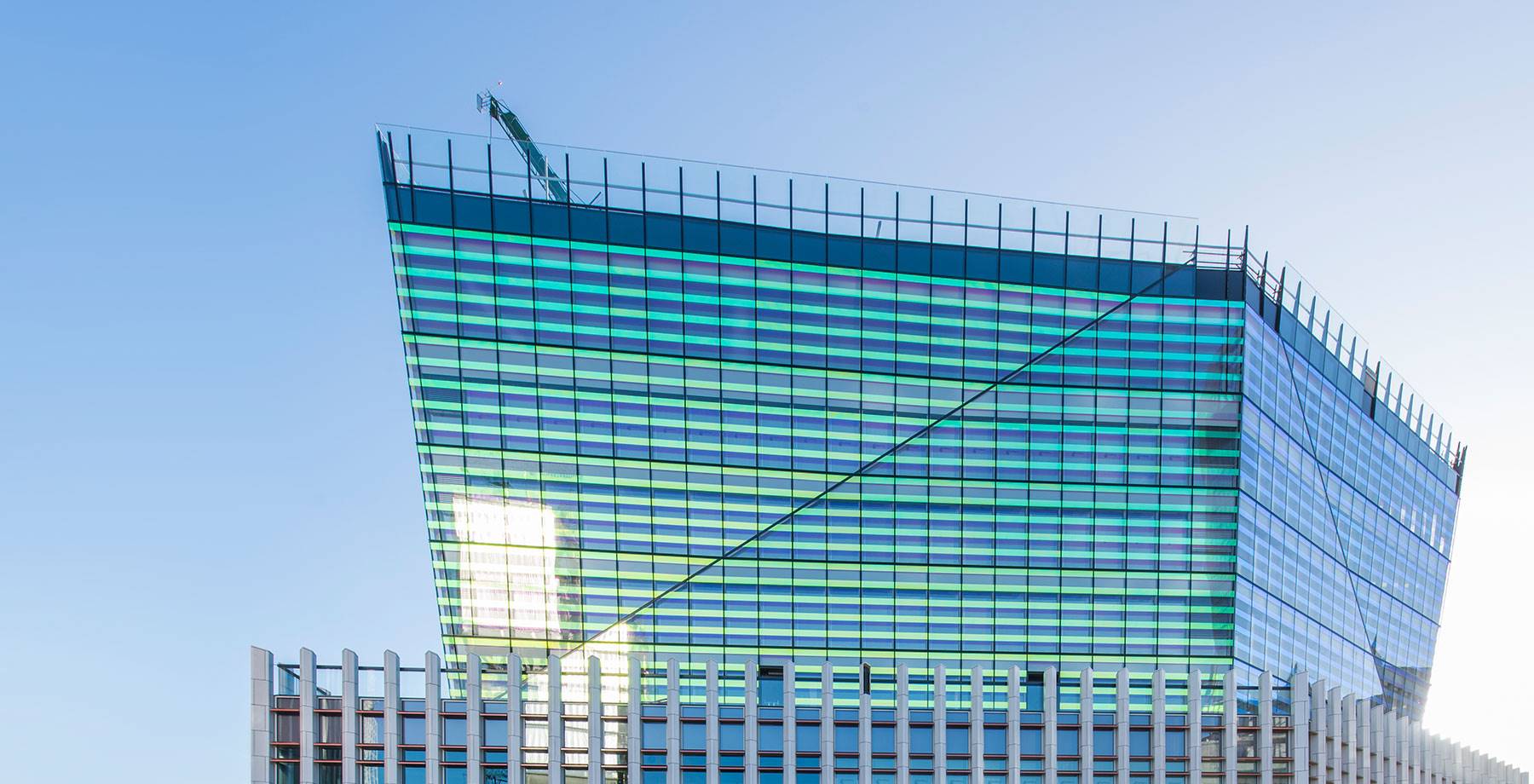 Read more about Construction of offices and iconic roof top garden at Fen Court
Read more about Construction of offices and iconic roof top garden at Fen CourtConstruction of offices and iconic roof top garden at Fen Court
Sector: CommercialLocation: London